Location:
PMKI > Project
Management History > The History of Ancillary
PM Concepts.
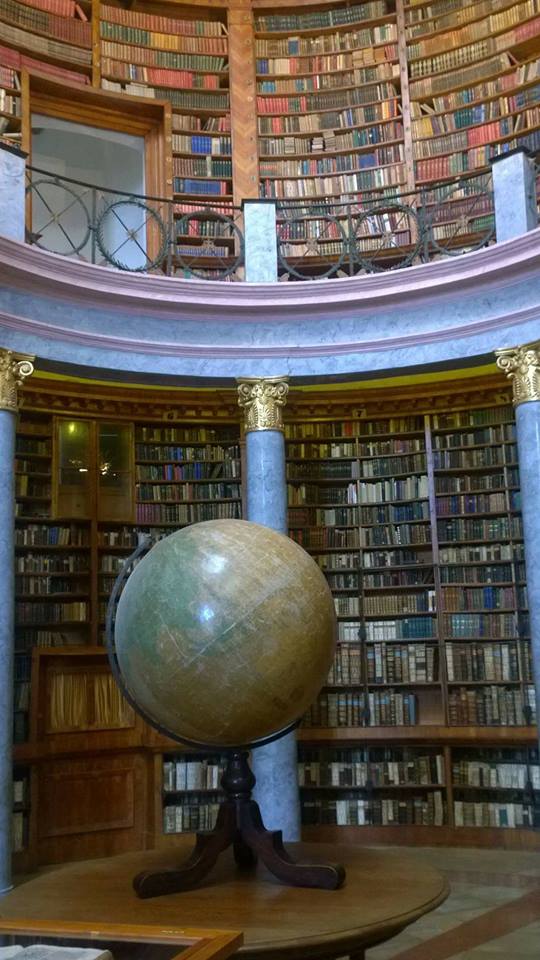

- The Origins of Numbers, Calendars
and Calculations
- The Development of General
Management Theory
- The development of Knowledge
Management
- The History of Computers, Agile,
and Allied Concepts
- The History of Agile, and
Waterfall
- The History of Dispute Management
and Arbitration.
Other related sections of the PMKI:
- The development of Modern
Project Management
- Henry Gantt's contribution
to management theory
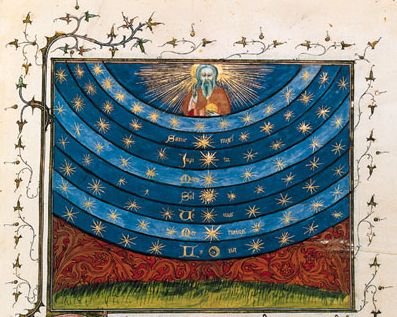
Art: Measuring time The development of devices capable of measuring time with ever increasing levels of accuracy, is directly linked to the development of calendars. This article traces improvements in the way time is measured over the last 6000 years.
Art: Knowing (exactly) where you are is not that simple! Many projects need to accurately locate the position of property lines and facilities, but achieving this is far from straightforward. The modern Reference Meridian used by GPS and other systems is approximately 102 meters east of the original Greenwich Meridian set in the 19th century. How did this occur? – It is a long story that intertwines astronomy, map making, navigation, and time keeping.
Blg: The Great Library of Alexandria – The first Google? The influence of the Great Library of Alexandria on the development of knowledge outlined in the papers above was significant, for several centuries scholars from across the 'known world' were accommodated and works in what was effectively a sate funded research institution.
Blg: Detail can be the enemy of useful! Every height in the in the Great Britain is stated as a height above (or below) the mean sea level as recorded by the tidal gauge at Newlyn in Cornwall. The problems is that when you measure heights from space using accurate GPS, the whole Cornish Peninsular rises and falls by up to 13 centimeters twice a day in response to the tides moving gigatons of water in and out of the English and Bristol Channels. All of this flexing means there will be measurable differences between surveys done using the Global Navigation Satellite System (GNSS) and those based on an Ordnance Survey datum. This raises two questions, which reference system should you use, and how much detail is useful? The answers are in the blog post.
Blg: The Mayan Calendar is equivalent to the Greek’s knowledge of the universe! It seems the ancient Mayan civilization were as sophisticated and the Greek and Babylonian civilizations when it comes to understanding the cycles of the planets. Their 819-day calendar, used from at least the 5th century BCE – matches the planetary cycles of all planets that might have been visible to astronomers of the civilization over a 45-year span!
Art: Are numbers real? This brief article looks at the origins and some of the irrational aspects of the numbers we use every day.
PP: The Origins of Bar Charting. This paper looks at the ancient Greek and Egyptian origins of numbers, geometry, and calculations; the concepts used by both Priestly and Playfair as a starting point to develop their charts which in turn led to the development of the modern bar chart by the late 1800s.
Blg: What is an algorithm? The answer depends on the year you asked the question! This post looks at the origins of the name, the invention of algebra, the introduction of modern numbers and the decimal point to the West, and the evolution of the meaning of algorithm, starting with the person who's name it is: Al-Khwarizmi.
Blg: Who invented calculus? The answer, Newton was first, but the notation developed by Leibniz is the one students of calculus still use, the blog post has more details.
Blg: The evolution of design processes This post briefly looks at the development of orthographic projection and the foundation of the the École Polytechnique in Paris in the late 18th century, which together transitioned engineering design from an art to a mathematical science underpinning the engineering and construction booms of the 19th century.
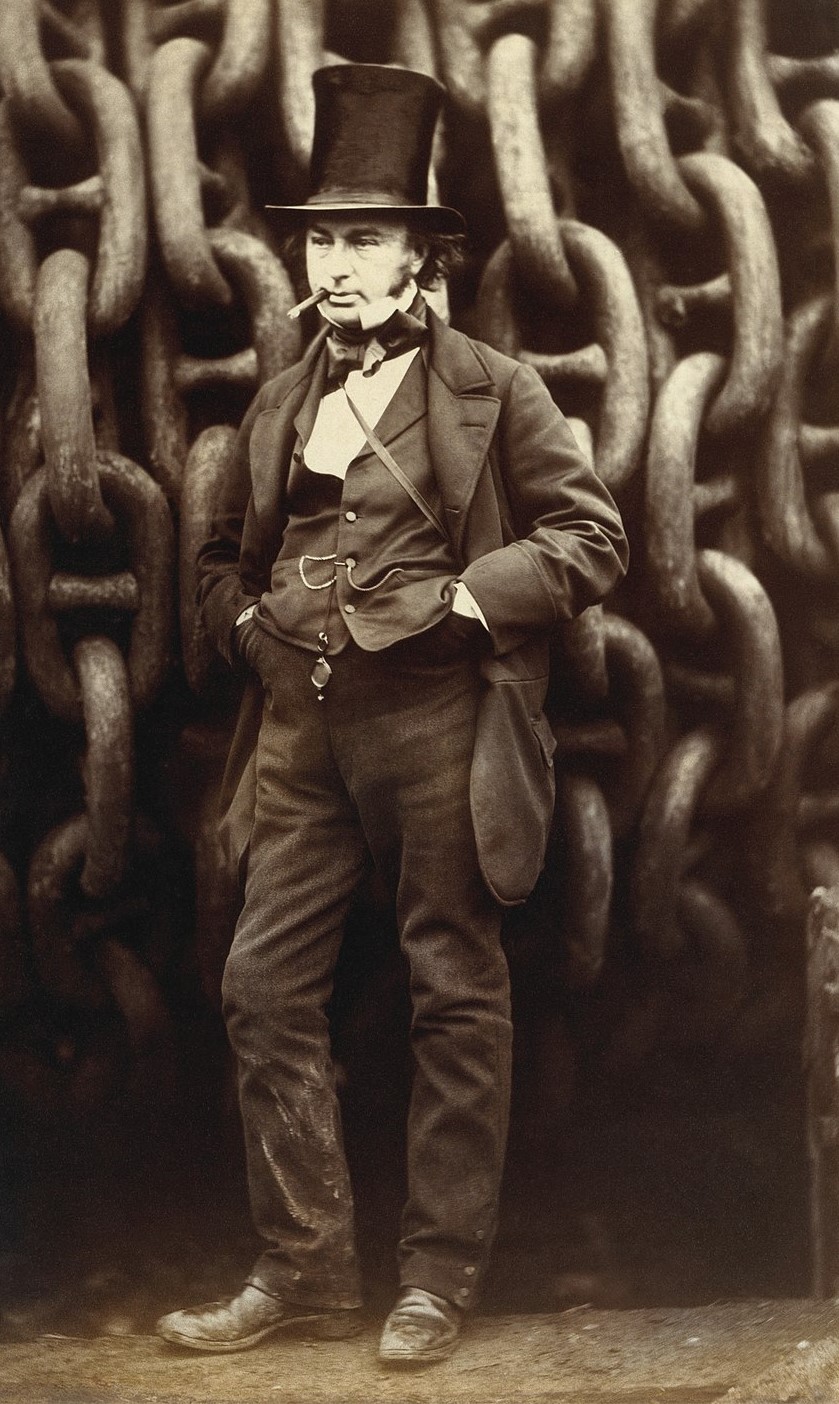 PP: The Origins
of Modern Management. This paper discusses the
ways in which management theories evolved from the
beginning of the 18th century through to the 21st century
and how these developments influenced the creation of
'modern project management'.
PP: The Origins
of Modern Management. This paper discusses the
ways in which management theories evolved from the
beginning of the 18th century through to the 21st century
and how these developments influenced the creation of
'modern project management'.
WP: The Functions of Management. The functions and principles of management (H. Fayol, 1916).
For the development of project management see: The Origins of Modern Project Management.
Art: Professional Project Management. What does professional project management look like? This article looks at the evolution of the concept of a formal profession and what this may mean for project management.
Art: Finding Information – The art of Indexing. There are vast amounts of management knowledge available, the challenge is finding the right information when needed. This article traces the origins of the index and taxonomy over the last 800 years, and provides links to a number of specialized search engines that are free to use.
Blg: The Great Library of Alexandria – The first Google? The influence of the Great Library of Alexandria on the development of knowledge management was significant. The systems developed in the library to structure knowledge, lay out the library, and classify the documents carry through to modern times.
The PMKI Taxonomy is designed to make finding the information easier, and augments the site specific Google search in the header above.
Click through to out page focused on modern corporate management.
This section focuses on the development of computing and various approaches to general software development. The origins of specific applications such as scheduling software (CPM, PERT, etc.) are in sections specific to that topic.
Art: A Brief History of Agile. The first part of this paper looks at the precursors to the creation of the first general purpose computer.
Blg: ENIAC and the Origins of Computers This post looks at the ENIAC computer mentioned in A Brief History of Agile, and the people who started the concept of computer programming.
Blg: Computers before ENIAC This post looks at one of the omissions in the historical record, the developments feeding into the creation of ENIAC and a number of parallel but isolated developments in Germany and by IBM.
Blg: What is an algorithm? This post looks at the origins and evolution of the and meaning of algorithm, and Charles Babbage's invention, The differential machine.
Blg: ICL 1900 PERT – 50th Anniversary This post looks at the history of the ICL computer company (UK - now Fujitsu) and it PERT program.
The Last of the First, CSIRAC: Australia’s First Computer (1949) – A description of the development and use of this early computer.
Art: A Brief History of Agile. This article looks at the factors leading to the development of the Agile approach to project delivery. While Agile is an approach suited to a wide range of soft projects, its origins are intrinsically tied to the development of programmable computers and computer languages. It also seeks to dispel many of the myths and legends surrounding Agile, Waterfall, and early computer systems. See also our blog on: The Problem with Waterfall.
Blg: Adaptive Processes are Not New. This post looks at the way Roman engineers adapted their standard road construction process to the environment they were building in, but still achieved a highly durable result.
Blg: Defining Traditional Project Management. Before the start of the 21st century there was only one basic approach to project management outlined in the PMBOK® Guide and many other reference sources. The Agile manifesto changed this forever. This post looks at defining the traditional way of managing projects to provide a basis for comparing other emerging trends and ideas.
Blg: The Problem with Waterfall. This post looks at the problems associated with agile advocates defining anything as 'waterfall'. The only constant seems to be in each of the agile advocate's view ‘waterfall’ is not Agile, and generally represents bad project management practice.
Blg: The nonexistent timeline of waterfall project management. This post looks at the difference between project management methods and software development methodologies and compares the timeline for their respective development.
Blg: The Quest for Control Looks at why Waterfall was preferred as a software development approach for a short period. The current (1980s) software development methods were largely iterative and incremental, and were failing to meet expectations. The new idea of Waterfall offered a solution. It was developed by people with little direct experience of major software development (who were therefore not tarnished with the perceived failures). The advice of people with significant software development experience was ignored - they were already perceived to be failing. The result was 6 years of even worse performance before Waterfall was dropped as a mandated method. The actual cause of the perceived failures (cost and time overruns) was unrealistic expectations caused by a lack of understanding of complexity leading to overly optimistic estimates - this issue is still not fully resolved.
Blg:
What was Waterfall? This post defines
precisely what 'Waterfall' is, in the words of the people
who developed the concept in 1976 and clearly shows:
- Waterfall is a software development methodology
based on progressively expanding requirements
documentation in a single pass.
- Royce did not advocate waterfall. His full paper
advocates iterative development and feedback loops.
- The USA DoD from the late 1970s through to the
present-day use Earned Value Management as their project
management methodology (not waterfall).
Key documents referenced in these articles, available
for download are:
- The
Last of the First, CSIRAC: Australia’s First Computer
(1949) – A description of the development
and use of this early computer.
- Benington (1956) Production of Large
Computer Programs (SAGE) – Adapted from a
presentation at
a symposium on advanced programming methods for
digital computers sponsored by the Navy
Mathematical Computing Advisory Panel and the
Office of Naval Research in June 1956.
- Royce (1970) Managing the development of
large software systems – Proceedings, IEEE WESCON,
August 1970: Dr. Winston W. Royce (advocates an
iterative approach).
- T.E. Bell and T.A. Thayer (1976)
Software Requirements: Are They Really a Problem –
Introduces the
term 'waterfall'.
- DOD-STD-2167
(1985) Defense System Software Development –
Requirements for the development
of mission critical software (advocates an
iterative approach).
- DOD-STD-2167A
(1988) Defense System Software Development – Updated
requirements for the
development of mission critical software (requires
a sequential approach waterfall by default).
- MIL-STD-498
(1994) : Software Development and Documentation –
Supersedes DOD-STD-2167A,
reintroducing incremental and iterative development
approaches.
- Iterative and Incremental Development: A
Brief History (2003) – Craig Larman & Victor R.
Basili.
Traces the development of the technique from the
1950s.
Key external blog posts referenced in this article
include:
- The Myth of Waterfall by David Olson: http://www.bawiki.com/wiki/Waterfall.html
Download a PDF version of this post as
at 1st Feb. 2024.
- 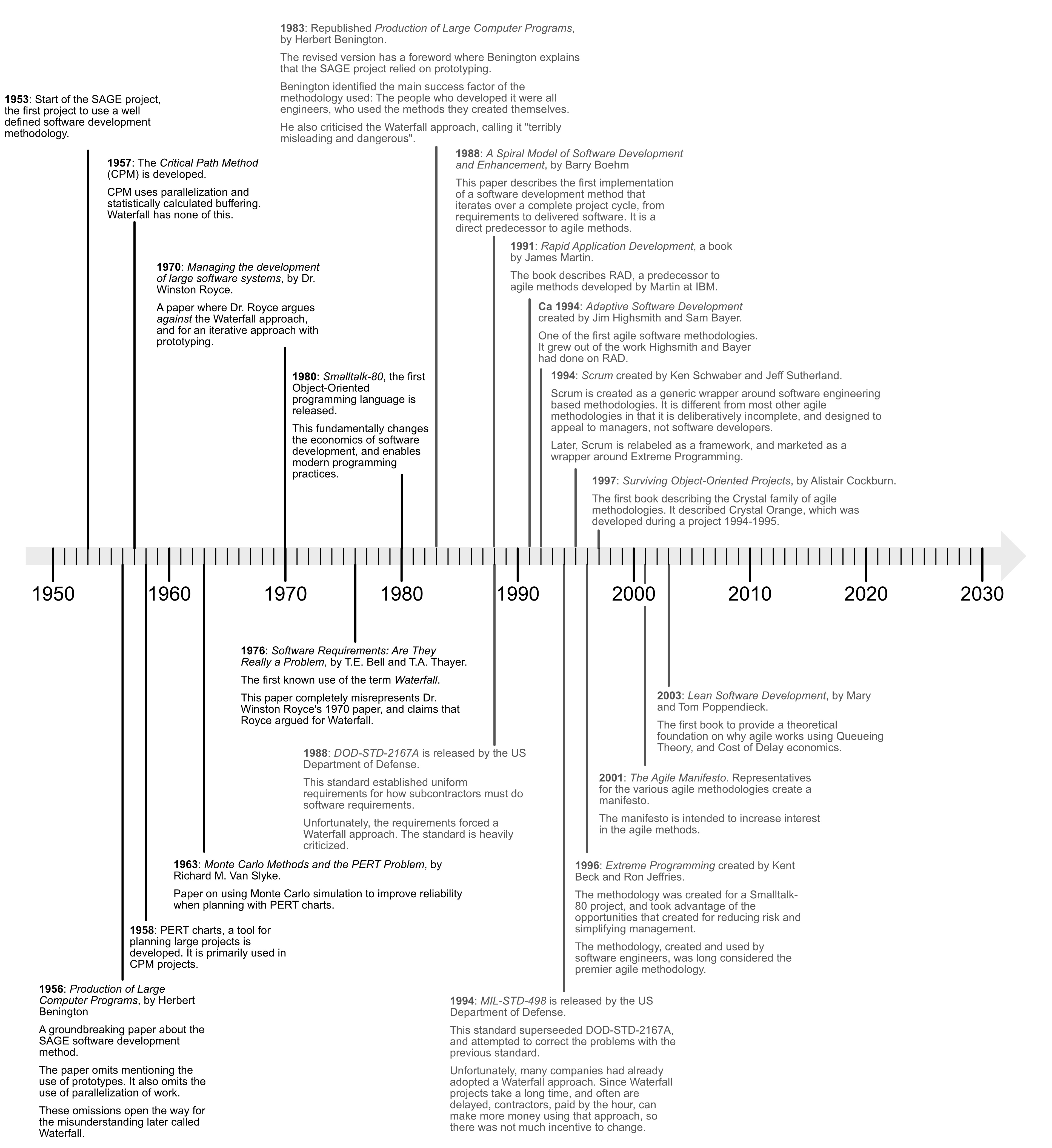 Waterfall
- The Dark Age of Software Development Has Returned!
Waterfall
- The Dark Age of Software Development Has Returned!
by Kallokain:
https://kallokain.blogspot.com/2023/09/waterfall-dark-age-of-software.html
Download a PDF version of this post as
at 1st Feb. 2024
Click on image for full-size timeline > >
- Waterfall vs Agile: Battle of the Dunces or A
Race to the Bottom
by Kallokain:
https://kallokain.blogspot.com/2023/11/waterfall-vs-agile-battle-of-dunces-or.html
Download a PDF version of this post as
at 1st Feb. 2024
- The Perennial Waterfall Strawman/Myth by
Post Agilist, suggests the next time you hear someone
promising you will fail with waterfall
you can be sure of a few things:
- They don’t know what they are talking
about
- They don’t believe in facts or logic
- They’ll say anything to get the sale:
https://postagilist.wordpress.com/2012/06/13/the-perennial-waterfall-strawmanmyth/
- Posts by Glen Alleman:
- Agile in NASA, DoD, and DOE
(detailed listing of current US publications focused on
using
Iterative and Incremental
Development (IID) and agile in major programs):
https://www.linkedin.com/pulse/agile-nasa-dod-doe-glen-alleman/
- Agile is Systems Engineering
(an overview on systems engineering and agile):
https://www.linkedin.com/pulse/agile-systems-engineering-glen-alleman/
- There Was No Such Thing as
Waterfall Project Management:
https://www.linkedin.com/pulse/thing-waterfall-project-management-glen-alleman-mas4c/
Key Mosaic resources focused on Agile and Adaptive
projects:
- Agile
Approaches to Software Development
Resources focused on managing Agile projects.
- Schedule
control in Agile and Distributed projects
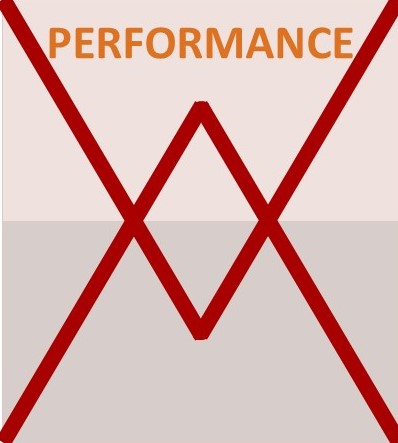 Work
Performance Management - WPM has two primary
functions, calculating the schedule variance at the update
date, and predicting the likely schedule completion date
and variance at completion (VAC) - See
more.
Work
Performance Management - WPM has two primary
functions, calculating the schedule variance at the update
date, and predicting the likely schedule completion date
and variance at completion (VAC) - See
more.
Blg: Arbitration has a long history. An outline of the Saxon legal codes used in the Kingdom of Kent prior to the Norman invasion of England.
Blg: Scot-free & Lots. The allocation and payment of fees and taxes (not to mention voting rights) are the cause of many disputes. This post looks at the origins of the terms Lot and Scot-Free.